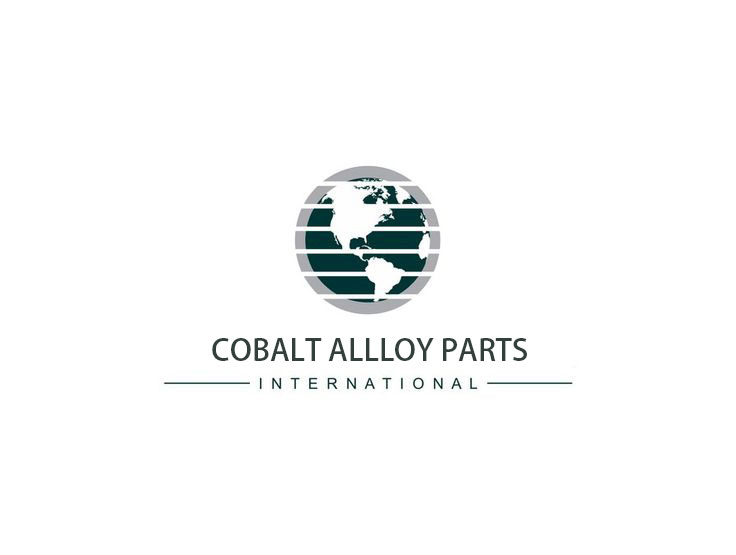
- Home
- >
- News
- >
- Cobalt Alloy Valve Cage
- >
Cobalt Alloy Valve Cage
2025-09-18 09:00During the mid-to-late stages of oilfield development, wells encounter high-sand-content crude carrying quartz sand particles that impact equipment, while corrosive media like H₂S and CO₂ continuously erode components. The stable operation of rod-type pumping units directly determines crude oil production. As the “core skeleton” of the pumping unit valve assembly, the performance limitations of the valve cage have become a critical bottleneck constraining extraction efficiency.
Traditional stainless steel or ordinary alloy valve cages frequently suffer from wear deformation, corrosion perforation, and other failures under harsh well conditions. They require shutdown and replacement every 1-2 months on average, not only driving up operational costs but also causing significant production losses. Cobalt alloy, with its four core advantages—hardness, corrosion resistance, high-temperature resistance, and impact resistance—emerges as the ideal choice for upgrading valve cage materials.
Application Advantages of Cobalt Alloy Valve Cages in Complex Well Conditions
In actual oilfield operations, different well conditions impose distinct performance demands on valve cages.
High-Sand-Content Wells
In high-sand-content wells, sand particles carried by crude oil continuously abrade the inner walls and ball contact surfaces of valve cages. Traditional stainless steel valve cages in such conditions typically experience ball movement overtravel due to wall wear within 1-2 months, leading to poor sealing and reduced pumping efficiency. Cobalt alloy valve cages effectively resist sand particle erosion. Field data from a certain oilfield shows that in wells with 5% sand content, cobalt alloy valve cages achieve a service life exceeding 12 months—six times longer than traditional stainless steel cages. This completely resolves the pain point of “frequent cage replacement” in high-sand-content wells, ensuring continuous and stable operation of the sucker rod pump.
Highly Corrosive Conditions
In acidic oil wells containing H₂S and CO₂, traditional corrosion-resistant materials like Monel alloy can withstand single corrosive agents. However, under the combined effects of “corrosion + abrasion,” the surface protective film is easily damaged by sand particles, accelerating corrosion rates. The Cr₂O₃ passivation film on cobalt alloy valve cages is dense and stable.
When considering cobalt alloy valve cages, many oilfield enterprises express concerns about their initial procurement cost—the unit price of cobalt alloy valve cages is approximately 3-4 times that of stainless steel valve cages. However, from a total lifecycle cost perspective, cobalt alloy valve cages can significantly reduce costs and increase efficiency for oilfields, demonstrating exceptional economic rationality.
First, extended pump inspection cycles reduce operational and maintenance costs. Traditional valve cages require shutdowns for replacement every 1-2 months on average, incurring labor and equipment rental expenses per inspection. Cobalt alloy valve cages boast a longer service life, reducing annual pump inspection frequency and yielding substantial cost savings.
Cobalt Alloy Valve Cages Drive Material Upgrades in Oilfield Equipment
Currently, global oil and gas resource extraction is progressively expanding into deep wells, ultra-deep wells, and reservoirs with complex lithologies, where well conditions are becoming increasingly intricate. Traditional materials struggle to meet these demands, making material upgrades for core components like valve cages an inevitable trend. As a high-performance material “tailored for future extraction scenarios,” cobalt alloy valve cages are experiencing rapidly growing market demand.
Choose cobalt alloy valve cages to equip your rod pumping units with a “durable heart,” ensuring more stable, efficient, and economical oilfield production!
